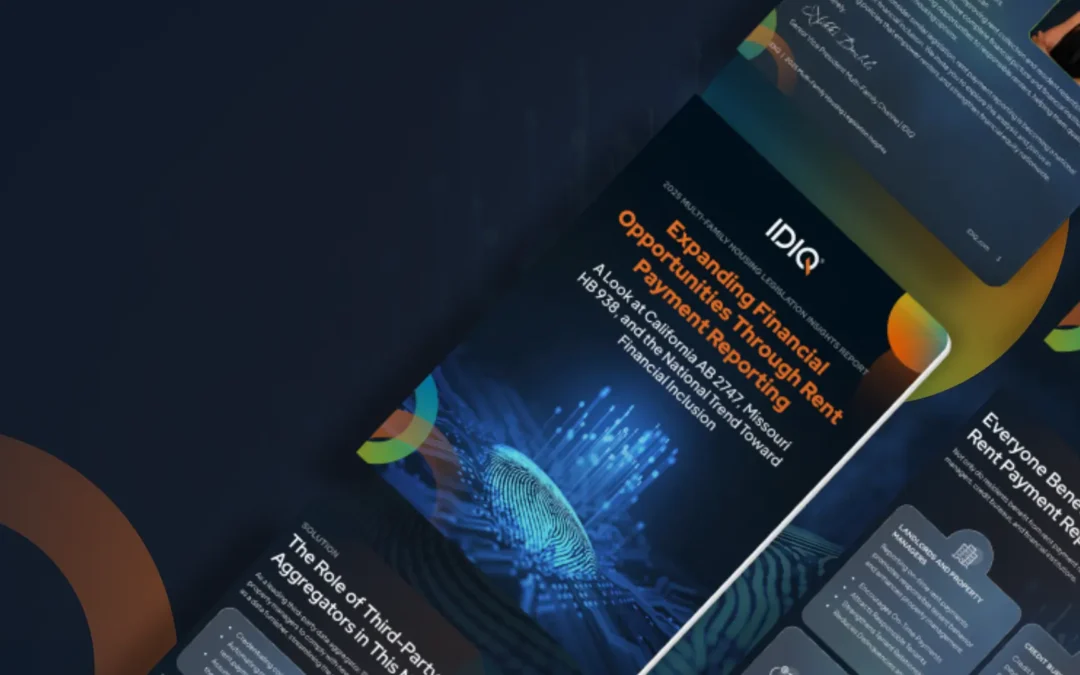In today’s rapidly evolving digital landscape, data breaches are an ever-present threat to businesses of all sizes. With the increase in data breaches and sophisticated cyberattacks, organizations that handle sensitive consumer data must be proactive in securing their systems. A single breach can devastate a company’s reputation, finances, and customer trust. This guide explores 10 essential tips for data breach prevention and how businesses can protect themselves from costly cyber incidents.
Why Data Breach Prevention Matters for Businesses
A data breach can cripple a business in more ways than one. The financial losses incurred from fines, legal fees, and customer compensations are only the tip of the iceberg. A damaged reputation can drive loyal customers away, and the cost to rebuild trust is often insurmountable.
Beyond financial loss, businesses also face the burden of regulatory consequences, especially with stricter data privacy laws like the GDPR in Europe and CCPA in California.
Moreover, cyberattacks are growing in sophistication, with criminals exploiting weaknesses in even the most well-defended systems. Businesses of every size must take preventive measures seriously to minimize the chances of a breach.
How Do Data Breaches Happen?
Businesses can be infiltrated by cybercriminals through a number of methods. Understanding these common vulnerabilities is the first step toward prevention.
Phishing Attacks
Phishing is one of the most common methods cybercriminals use to gain access to sensitive data. Fraudulent emails, text messages, or calls are sent to employees, tricking them into clicking on links with malware or revealing login credentials. Once inside, attackers can navigate internal systems and steal critical information.
Weak or Stolen Passwords
According to a report from Google, 86% of data breaches involve compromised credentials. Weak passwords or failure to change default credentials are like an open door for cybercriminals. Hackers often exploit password reuse across multiple accounts, giving them access to more than one system. This is why password best practices — like using strong and unique passwords across platforms — are vital.
Malware and Ransomware
Hundreds of millions of ransomware attacks are attempted every year, making them a significant threat. Malware and ransomware are malicious software designed to infiltrate a business’s systems.
Ransomware can lock businesses out of their systems until a ransom is paid. Phishing attacks or unpatched vulnerabilities typically spread these attacks.
Insider Threats
Not all data breaches are caused by outsiders. Sometimes, employees, contractors, or partners may intentionally or accidentally cause breaches. For example, an employee could click on a malicious link, or a disgruntled worker could sell sensitive data. Monitoring insider activity and restricting access to critical systems is vital.
Unpatched Software Vulnerabilities
Hackers often exploit known vulnerabilities in outdated software. Businesses that fail to update their systems regularly leave themselves exposed to these attacks. Timely patching of software and systems is essential to reduce the risk of breaches.
Unsecured Remote Work Environments
With the increase in remote work, unsecured Wi-Fi connections and lack of proper security measures have become weak points for many businesses. Without VPNs and other security protocols, remote employees may unknowingly expose company systems to cyberattacks.
⭐️ Related: 26 Data Breach Statistics Show Why Businesses Need Protection Now
Tips for Preventing Data Breaches
Now that we’ve covered how breaches happen, here are 10 actionable tips to help prevent them.
1. Implement Strong Password Policies
A strong password policy is the foundation of data security. Each employee account should be protected by a unique, complex password. Password management tools, such as those offered by IDIQ through Bitdefender® Total Security, make it easier for employees to store and manage secure passwords.
2. Use Multi-Factor Authentication (MFA)
Multi-factor authentication (MFA) adds another layer of security by requiring multiple forms of identification. This could be through a combination of passwords, security questions, or biometric data. MFA helps reduce the risk of unauthorized access.
3. Encrypt Sensitive Data
Encryption helps ensure that even if hackers manage to steal data, it remains unreadable without the proper decryption key. Ensure that sensitive customer information is encrypted both in transit and at rest, following best practices for secure storage. IDIQ services featuring Bitdefender VPN offers military-grade encryption services, providing complete online privacy.
4. Regularly Update Software and Systems
Outdated software creates the ideal target for cybercriminals. Make sure all systems are regularly updated with the latest security features. Automation tools can help ensure no vulnerabilities are left unpatched.
5. Conduct Regular Security Audits
Regular security audits help businesses identify vulnerabilities before they can be exploited. Use third-party experts or software tools to conduct these audits and address any issues immediately.
6. Employee Education and Training
Human error is a very common cause of data breaches. Educate your employees on how to recognize phishing attempts and avoid suspicious emails or links. Regular training helps ensure that employees remain vigilant and follow security best practices.
7. Implement Access Control Measures
Restrict access to sensitive data and systems to only employees who need it. By setting up user roles and permissions, businesses can reduce the chances of unauthorized access and limit exposure to critical systems.
8. Secure Remote Work Protocols
For businesses with remote teams, securing remote connections is essential. Encourage employees to use VPNs and secure Wi-Fi connections to reduce the risk of breaches. IDIQ offers VPN and device protection solutions that can help secure remote work environments.
9. Back-Up Data Regularly
Regular data backups are essential to ensure business continuity in case of a breach. Backups should be stored securely and tested frequently to ensure they can be recovered if needed.
10. Monitor and Respond to Threats in Real Time
Real-time monitoring and threat detection systems allow businesses to identify and respond to potential breaches as they occur. Fraud monitoring services provide an additional layer of protection by identifying early threats before they escalate. IDIQ offers 24/7 credit monitoring for individuals along with monitoring for possible suspicious activity across online accounts and the dark web, all with real-time alerts.
How IDIQ Can Help Protect Your Business
IDIQ offers comprehensive data breach protection services that businesses can offer to their clients and employees to help safeguard sensitive information and mitigate cyber risks. IDIQ can also work with businesses after a data breach to provide impacted individuals with industry-leading identity theft protection. With 24/7 monitoring, real-time alerts, and proactive threat detection, IDIQ enables individuals to identify potential breaches early and respond swiftly. Report a breach now or find out important steps you can take to create a data breach response plan, which can help ensure you’re prepared to act quickly, minimizing the financial, legal, and reputational impact of a data breach.
💡 Learn More: The Rise of Financial Intelligence: Latest Study from IDIQ Uncovers Key Industry Challenges
Data Breach Prevention FAQs
Here are answers to common questions about data breach prevention.
How are data breaches prevented?
Data breaches are prevented through a combination of strong security practices such as multi-factor authentication, encryption, regular software updates, and employee training.
How do you protect data from a data breach?
Protect data by encrypting it, securing access with multi-factor authentication, regularly backing it up, and using security monitoring systems to detect potential threats.
How do you prevent a security breach in the workplace?
To help prevent workplace breaches, enforce strong password policies, limit access to sensitive systems, train employees on security risks, and conduct regular audits.
What are the four common causes of data breaches?
Phishing attacks, weak passwords, unpatched software vulnerabilities, and insider threats are common causes of data breaches.
Who do I contact if my data has been breached?
If your data is breached, immediately contact your IT security team, legal counsel, and any relevant regulatory bodies. IDIQ can help with rapid response services.
What is a data breach response policy?
A data breach response policy outlines the steps an organization must take in the event of a data breach, including who to contact, how to communicate with customers, and how to minimize damage.
What should be in a data breach policy?
A comprehensive data breach policy should include guidelines for detection, response, notification, investigation, and recovery after a breach.
Bottom Line
Data breach prevention is essential for helping safeguard your business’s reputation, finances, and customer trust. By implementing strong cybersecurity measures – like password policies, multi-factor authentication, and data encryption – you can significantly reduce the risk of a breach. Regular security audits, employee training, and remote work protections are also key to maintaining a secure environment.
Your Data Breach Solution
Data breaches pose a serious risk to any business, and protecting your organization is critical. Expert cyber-incident response services from IDIQ are here to help restore your business from the devastating impact of a breach. Our customized response plans provide advanced monitoring and support for your customers, members, or employees whose information has been exposed.
Don’t leave your business vulnerable to the consequences of a cyberattack. Get started with IDIQ today to implement a proactive response strategy that protects your sensitive data and customer trust. We can help you navigate the aftermath of a breach and help ensure your business is prepared to recover swiftly.






